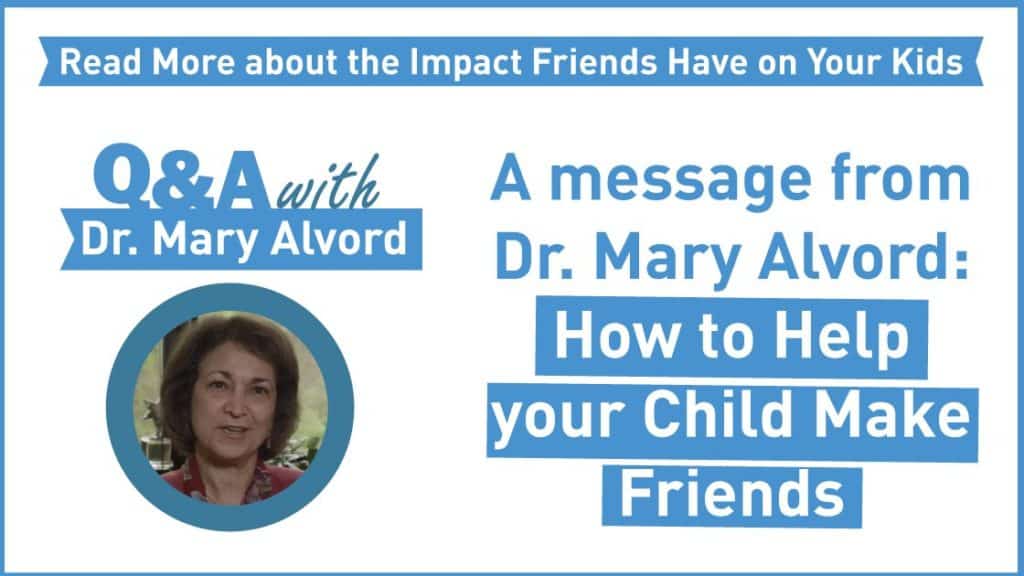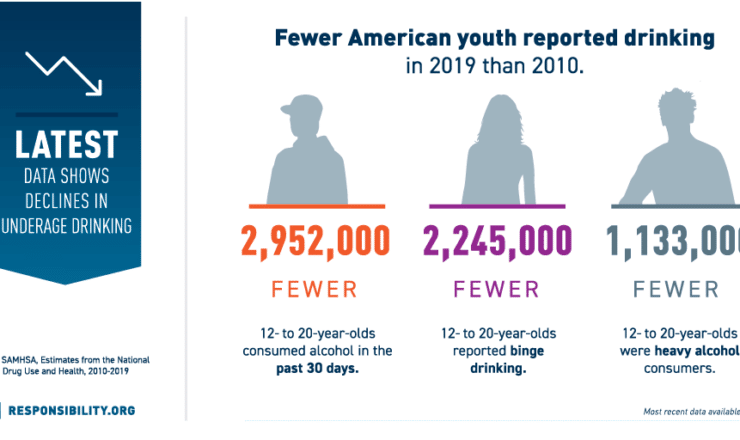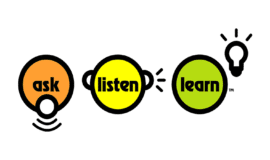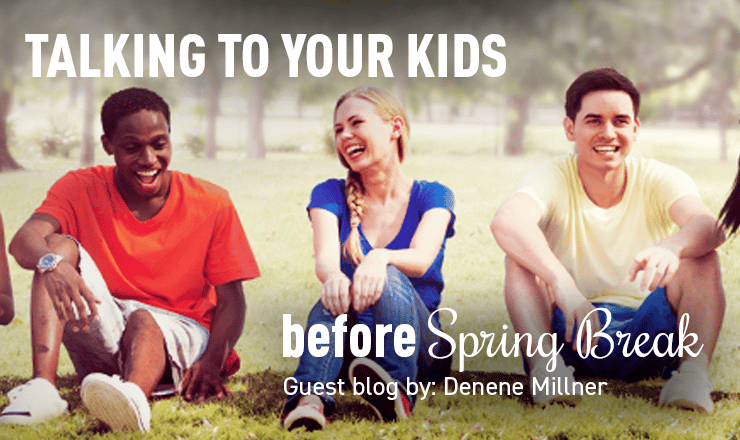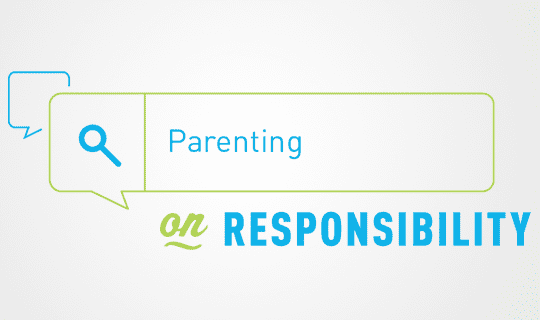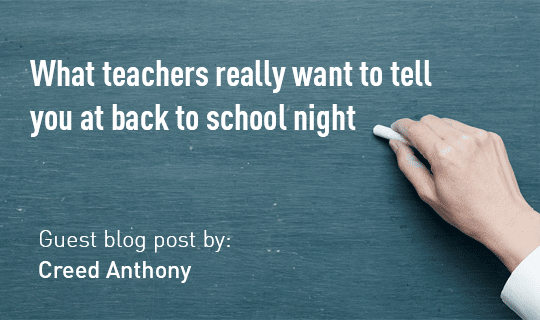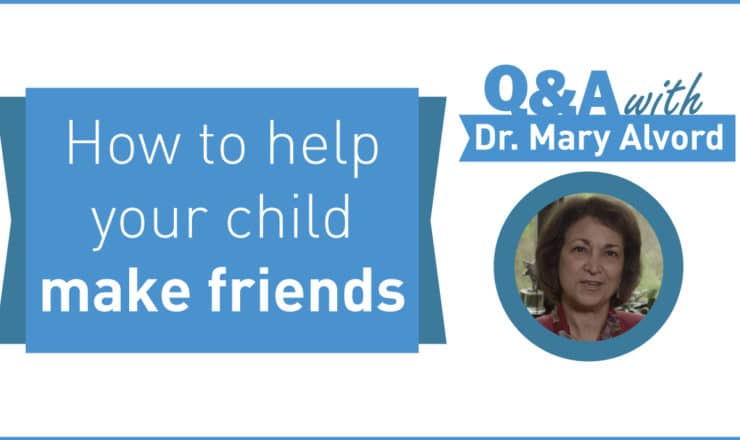Dr. Wolf: My child has no friends
From The Globe and Mail
“Every weekend, when I know most of the kids in his grade are out doing stuff with friends, my Ryan is always home. Nobody calls him and he seems to have nobody to call. He’s a nice kid. He just doesn’t seem to have any friends. It breaks my heart.”
One of the hardest things for a parent to watch is their teenage child seemingly having no friends. Week after week – when not in school – there he is in his room by himself again.
There are many reasons why a child may not have many, or any, friends. She might be noticeably different, either physically or intellectually. He may lack social skills or a have a personality that puts off others his own age. He might not share the same interests as his classmates (for example he may hate sports). Or maybe the family has moved and their teen has never been able to break into any social group.
And of course there is the phenomenon of early adolescence, where kids seemingly divide into two groups. There’s the popular kids – usually kids with outgoing personalities and advanced social skills – and then everybody else, who often feel left out. This situation has a built-in cure, for by the middle of high school, though the popular kids remain, most others have formed smaller groups based on similar interests, and these groups usually hold up through high school.
But what if it is pretty evident that your teenager just doesn’t have friends? What if you have known all along that your kid is seen as different by his peers? What can you do?
Certainly you want to try to find activities where your teen might meet others his age. Often the most available source can be school clubs. If that doesn’t pan out, you’ll want to keep trying. If your kid has poor social skills, you may want to seek out resources that provide social skills training. Again, your kid’s school can be a good resource. But often there is not an easy or fast solution, and you are stuck with the reality that your child is mainly alone.
That said, you still have an important and very useful role. First off, you need to deal with your own pain at seeing your child’s plight. Grieve, feel badly for him – but privately. Communicating your pain to him can only make him feel worse.
“I don’t have any friends and I make my mother feel bad. Now I really feel like a loser.”
You need to recognize that his solitude is not necessarily a tragedy. Recognize his pain, by saying things like, “I know that maybe sometimes you feel bad being alone a lot.” But you also need to help him build a life that he can feel good about.
What helps build self-esteem? Having numerous friends certainly does. So too can having a sense of accomplishment after you’ve tried something and met success, as it creates the belief that you have the potential for a good life ahead of you.
Self-esteem can also come from having hobbies you care about. No, I am not Ryan with lots of friends. No, I am not Ryan who is really good at ice hockey. But I am Ryan who is the biggest Maple Leafs fan in the world.
How do you help with this? Focus on what can build him a better life. Make sure he does as well as he can in school. Encourage him to get into activities that seem best suited to his interests and skills – a sport, a musical instrument, an artistic endeavour, a job. Share his enthusiasm.
It is a paradox, of course, because for many teens sharing anything with you is the last thing that they want. But persist. Also, though she might not always want it, be there for her as a companion. Your company may be her second choice, but it can still be an enjoyable and sustaining one.
I don’t want to play down the sadness that a teen who is often alone may feel. But I want to emphasize that it’s not necessarily a disaster. Nor does the kid himself want to see it that way.
“Yeah, I miss having friends and sometimes that gets me down. But most of the time, when I am just by myself, I have a good time. I really do. The last thing I want is to always feel sorry for myself.”
Lastly, one of the most important things you can do is to reflect a joy for his life as it is, so that he may see it that way, too. While you may want to cure him of not having friends, it’s important to support him in creating an enjoyable life. For there is another way of looking at kids who are often alone. Being able to have a good time by yourself is a strength. We call it being self-sufficient.
Clinical psychologist Anthony E. Wolf is the author of six parenting books.

